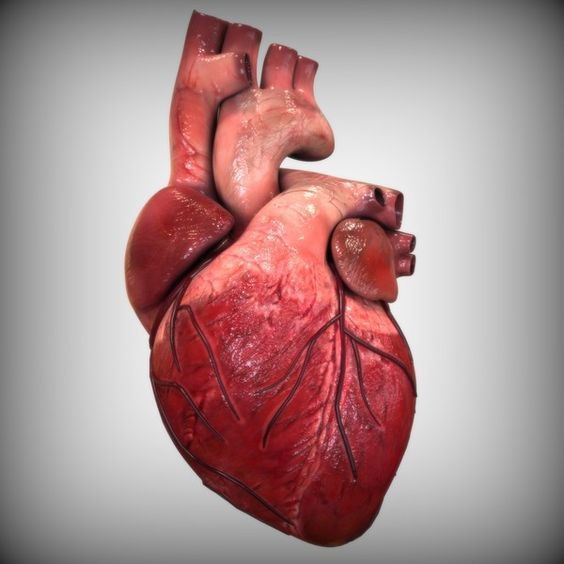Health
Hot flashes could predict risk of heart disease

New York, April 13: Hot flashes in women at the pre-menopausal stages may signal emerging vascular dysfunction that can lead to heart disease, a study has shown.
Hot flashes -- a sudden feeling of feverish heat, typically as a symptom of the menopause -- have already been shown to interfere with a woman's overall quality of life.
The condition is reported by 70 per cent of women, with approximately one-third of them describing them as frequent or severe.
"Hot flashes are not just a nuisance. They have been linked to cardiovascular, bone, and brain health," said JoAnn Pinkerton, Executive Director of North American Menopause Society -- a US-based nonprofit organisation.
The findings, published in the journal Menopause, showed that hot flashes, linked to cardiovascular changes, occur early during the menopause transition.
Newer data indicate that hot flashes often start earlier than previously thought -- possibly during the late reproductive years -- and persist for a decade or more, the researchers said.
For the study, the team involved 272 non-smoking women aged 40 to 60 years to test the relationship between physiologically assessed hot flashes and endothelial cell (the inner lining of the blood vessels) function.
The effect of hot flashes on the ability of blood vessels to dilate was documented only in the younger tertile of women in the sample.
There was no association observed in the older women (age 54-60 years), indicating that early occurring hot flashes may be those most relevant to heart disease risk.
"Physiologically assessed hot flashes and endothelial function among midlife women," may offer valuable information for healthcare providers working to assess the risk of heart disease in their menopausal patients, Pinkerton said.



































